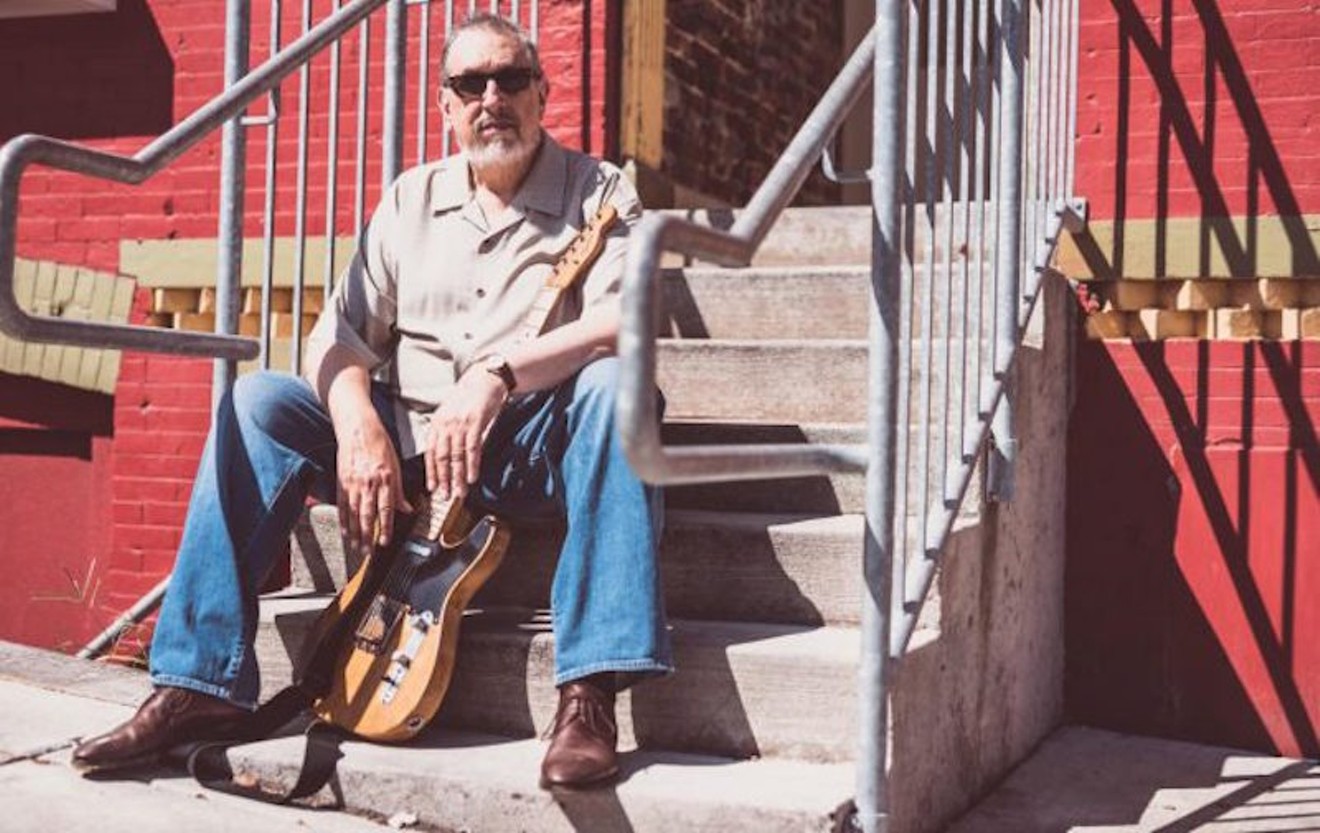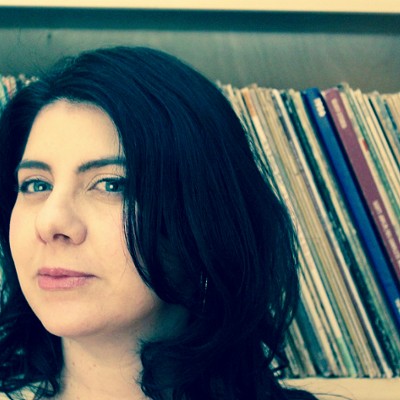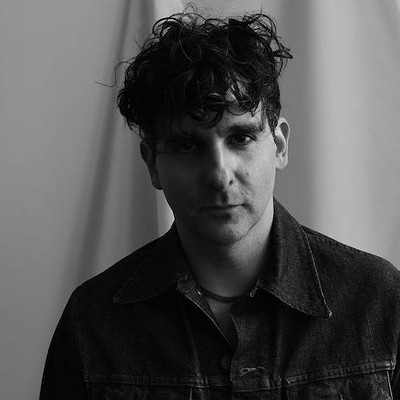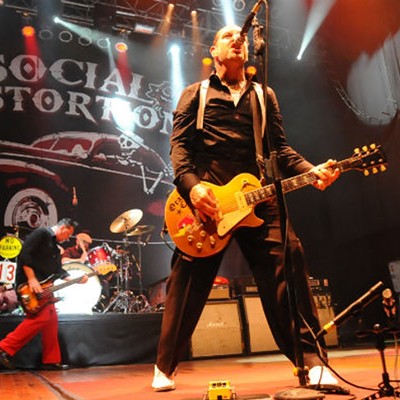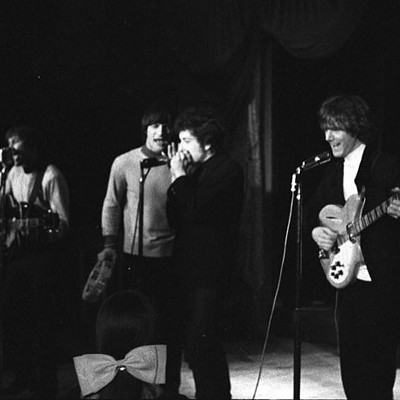Bromberg was a constant fixture in the New York folk scene. He launched his solo career with his self titled album in 1972, which featured another Beatle: George Harrison. The album is a prime example of Bromberg’s musical talent and love of music history; featuring a handful of traditional songs, arranged by the artist and songs written by Bromberg himself.
He is known for his finger picking guitar style which he learned from the Reverend Gary Davis, a blind blues and gospel musician who influenced many great artists. Bromberg initially would pay Davis for lessons but later began driving him around in exchange for his time.
When asked what lessons he still carries with him all these years later Bromberg says, “I think I carry a lot of things with me from that, I can still play a lot of the tunes I learned from Gary Davis and I use the way that he would form his chords, I use that all the time.”
“I would take him to church or to a concert or wherever it was he needed to go, I found the churches very comfortable places to be in. I really loved being in the reverend’s church and I started to also check out a few other churches. I became very interested in the preachers; a good preacher will talk and then he will pause just to make you really want to hear what he’s going to say next. Rests are important notes.”
After a dozen solo albums, over 100 appearances on records of other artists and a seemingly never ending tour schedule, Bromberg switched gears. “I got burnt out and I didn’t recognize it as burn out. I never thought I could be burned out. I didn’t want to be one of these guys who gets on stage and does a bitter imitation of something that he used to love so, I decided to change my life.”
"I didn’t want to be one of these guys who gets on stage and does a bitter imitation of something that he used to love so, I decided to change my life.”
tweet this
Bromberg put down his trusty guitar and focused on a new stringed instrument: the violin. He began selling them wholesale and really took the time and interest to learn about the making of the instrument. His love of the violin led him to opening his own shop in Wilmington, Delaware and archiving an impressive collection of 263 violins made between 1848 and 1950.
He set out to prove false the common misconception that quality violins were not made in America, unwilling to “Think of Americans as being genetically inferior to Europeans.” As luck may have it, Bromberg was right, fine violins were made all over the United States, just not that many of them.
“You have to understand the different methods of construction that were used in different places, and in different times. Just cause Stradivarius didn't make that violin, doesn’t mean it’s worthless. The question is who did make it, when and where; you can generally tell by the materials, the pattern and the way it’s executed.”
His collection, amassed over 50 years, was set to be purchased and housed by the Library of Congress but the deal recently fell through. Bromberg has accepted the sad probability that his collection will most likely have to be sold in parts. “I think at this point I’ll probably have to break up the collection. It’s unfortunate, nobody will ever be able to put it together again,” says Bromberg.
During his long hiatus from the stage Bromberg relocated to Delaware. After a couple of lunches where the mayor of his town explained his longing for live music to return to their town, Bromberg decided to start a jam session on his block. “I figured I’d participate for some weeks, maybe months and then let them go but I love them. Really good musicians started showing up, some of them traveled quite a distance, and to play with good musicians again it just got me really interested in playing again.”
His jam sessions not only got him back on stage but also pushed Bromberg back into the studio. In 2016 Bromberg teamed up with old friend and fellow master guitarist, Larry Campbell. He released The Blues, the Whole Blues, and Nothing But the Blues showing off his affinity for the blues and masterful guitar work. Bromberg and his band successfully melt elements of different strains of the blues and the result is a wonderful and personal reflection of their love for the music.
“That’s what all the traditional players did, you make it your own. You find what it is that you liked about the song or the performance, and you try to bring that out in yourself and that’s what I do,” says Bromberg. He and Campbell teamed up to revisit “Dehlia”, an old traditional song Bromberg included in his debut album.
Bromberg recently stepped into the studio again with his longtime band and in one day recorded six tracks along with videos. The yet to be released project was funded by a Kickstarter campaign, which surpassed its goal. Some fans of had qualms on social media about the approach to ask for donations for new projects but with the current state of the music industry, this may just be the new norm even for artists as accomplished as Bromberg.
“There are not a lot of record companies anymore, so basically most artists have to finance their own recording and that’s tough to do. A lot of it has to do with the streaming companies which couldn't make any money without the musicians, but they don’t pay the musicians any money so it’s not a fair thing.”
David Bromberg will perform at Main Street Crossing in Tomball on November 8, 111 W. Main. Doors at 8 p.m., $51-$65.

